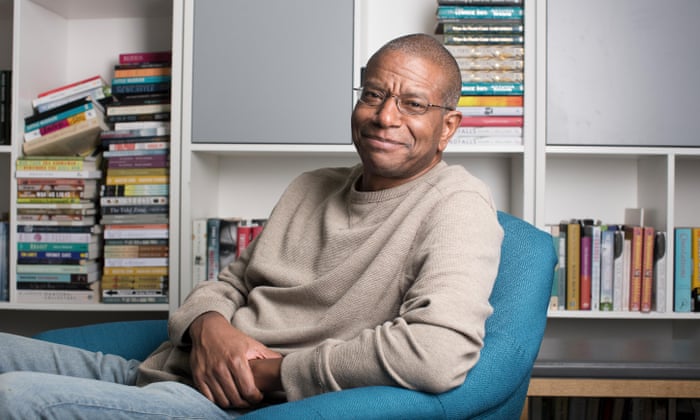.

I had to chuckle this morning when, the day after the first Red Sox playoff game, the
top trending article on the Boston Globe website
is the story of an 81-year-old grandmother in Amherst who had her
carefully concealed and well tended recreational marijuana plant seized from her garden after being spotted and radioed in from a National
Guard helicopter. Her response:
"I had
been nursing this baby through a drought, and I was pretty pissed to
tell the truth. This is a violation of the Fourth Amendment, I am a
citizen of the
United States of America. You have overstepped and I am not going to
step aside." I found myself wondering if I'd stumbled upon a
missing dialogue from TC Boyle's book or if the Sara character had recently relocated
from Mendocino, Nevada, or where ever she settled at the end of the book.
Thanks, once again, for the overwhelming turnout and enthusiastic debate for
The Harder They Come. Despite
my protestations and cajoling to the contrary, I truly believe the
discussions are more interesting when the views are mixed. I thought
Wednesday night was a good balance of opinions. If you enjoyed the book
and are looking to try another by Boyle, I would recommend
Drop City, A Friend of the Earth, or
The Tortilla Curtain.
As
much as I appreciated the big turnout the other night, I believe we
have
reached a limit in terms of the number of participants we can
accommodate under our current format. I like everyone to have an
opportunity to speak and the back and forth discussion makes for a
better evening. We lose that capability once we get much above 20 people. I will
think about possible changes to the structure, but until then I'm going to
cap the sign up sheet to 25 names (under the assumption that we will
have our usual few no-shows.) That shouldn't lock anyone out, but to be
safe please sign up early if you are planning on attending.

As I mentioned at the end of the evening, our next book will be
A Tale for the Time Being by Ruth Ozeki on Wednesday, November 30th, at 7pm. On the surface it has a lot in common with
The Harder They Come.
Ozeki is also a great storyteller, much of the plot is set in the Pacific
Northwest, there are multiple narrative voices, and it centers around family
relationships (father-daughter-grandmother in this case.) However, this
book is much more finely observed and constructed, with interesting
diversions into global environmental issues, zen buddhism, quantum
physics, and Japanese war history. It should be a great discussion
Lastly, I had several requests at the end of the evening for an updated list of the books we've read since we started in 2014. You can always find the syllabus for
Bill's Book Group for Guys under the "Events" tab on the
Wellesley Books website. That said, I've attached the list below.


